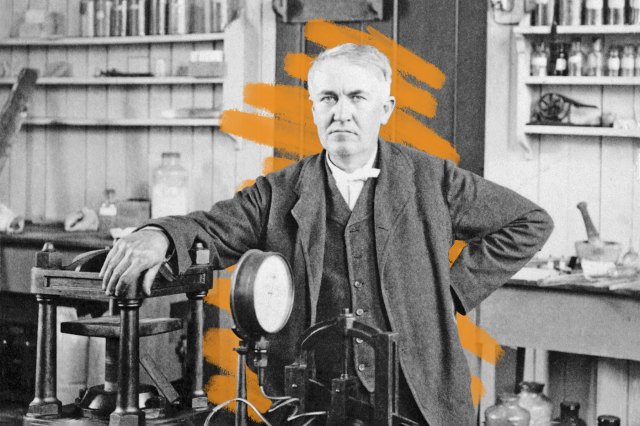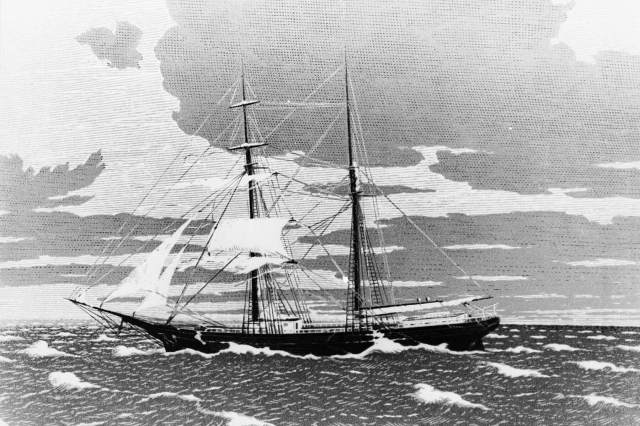| A lthough Thomas Edison was awarded 2,332 worldwide patents as an inventor, one of his lasting contributions to modern society was not proprietary: the job interview. Edison was not just a prolific inventor — he was also a businessman in charge of an industrial empire. His corporation, Thomas A. Edison, Inc., employed more than 10,000 workers at dozens of companies. Edison wanted employees who could memorize large quantities of information and also make efficient business decisions. To find them, he devised an extensive questionnaire to assess job candidates' knowledge and personality. |
|
| Edison began using tests for candidate assessment in the late 19th century, but the questions he asked then were very specific to open positions he needed filled. Over time, he expanded on the idea, including questions that were not directly related to the job. While interviewing research assistants, for example, Edison served them soup to see if interviewees would season the soup before they tasted it; those who did were automatically disqualified as it suggested they were prone to operate on assumptions. In 1921, Edison debuted the Edison Test, a knowledge test with more than 140 questions. Questions varied depending on the job position, but all interviewees were asked about information outside of their areas of expertise. The queries ranged from agricultural in nature ("Where do we get prunes from?") to commercial ("In what cities are hats and shoes made?") to the macabre ("Name three powerful poisons"). After a copy of the questionnaire was leaked to The New York Times, Edison had to change the question bank multiple times to ensure applicants took the exam without any outside assistance. |
| A score of 90% was required to pass, and out of the 718 people who had taken the test as of October 1921, only 32 (just 2%!) succeeded. The test was difficult, to say the least. Edison's own son Theodore failed it while a student at the Massachusetts Institute of Technology (MIT). More famously, Albert Einstein failed the exam because he forgot the speed of sound. The 1920s saw an upswing in college-educated people in the workforce, leading to increased competition for skilled labor, and thus more applicants for employers to choose from. Edison's strategy of questioning candidates to assess their personality and aptitude was innovative at the time, and is still standard practice today — though employers are more likely to ask about someone's greatest accomplishment than the origins of prunes. |













No comments:
Post a Comment